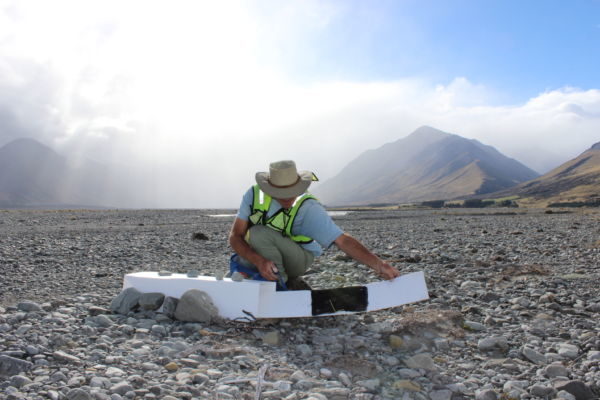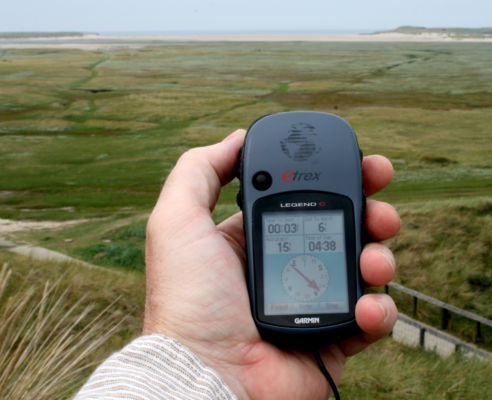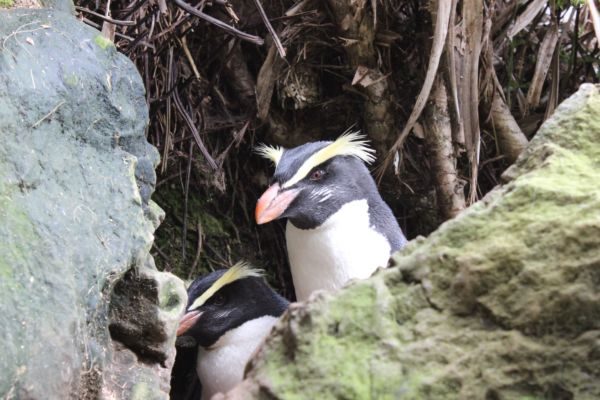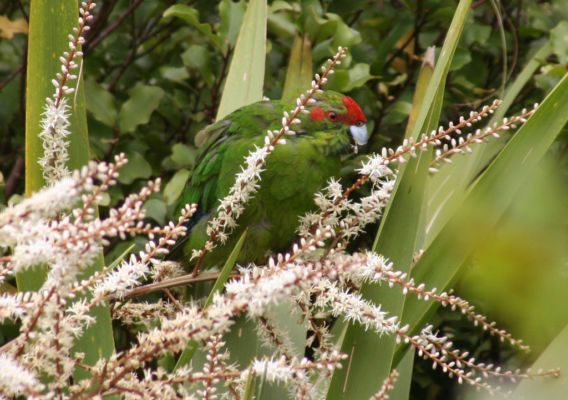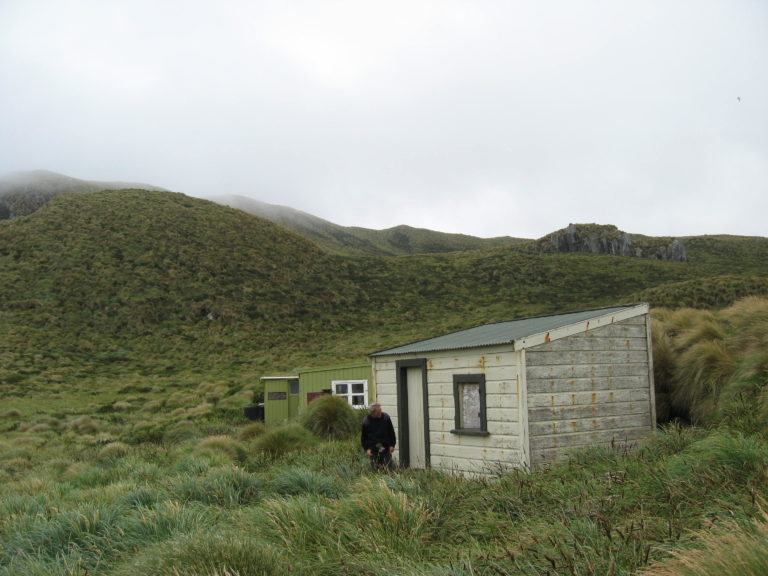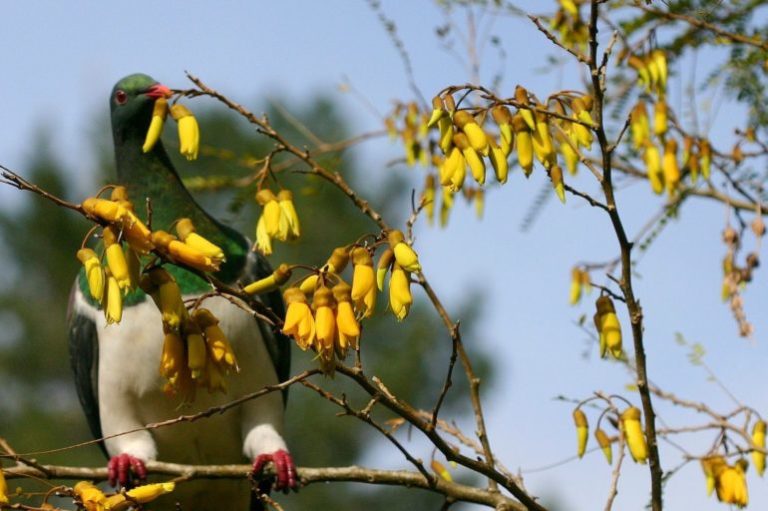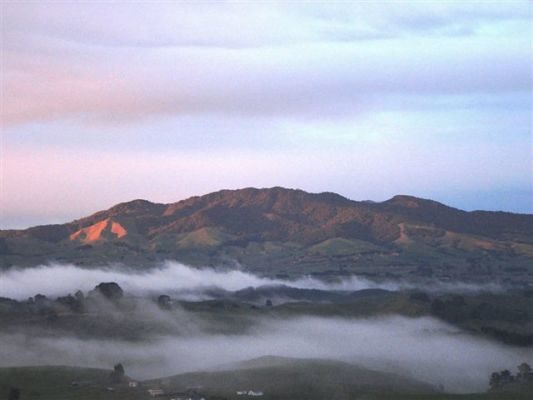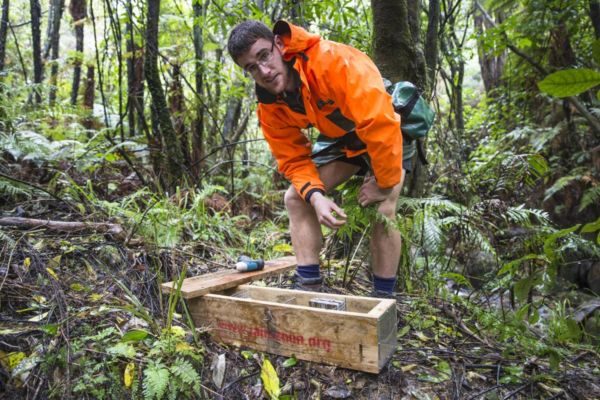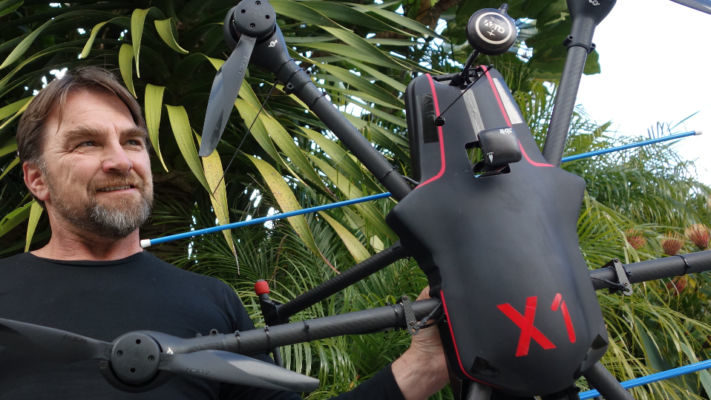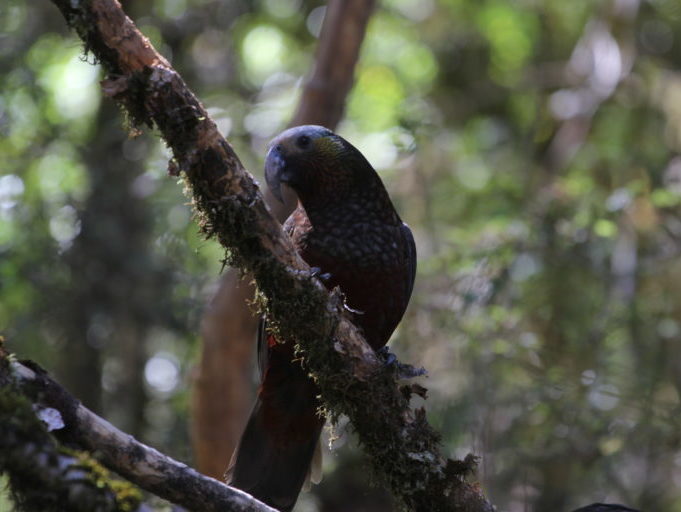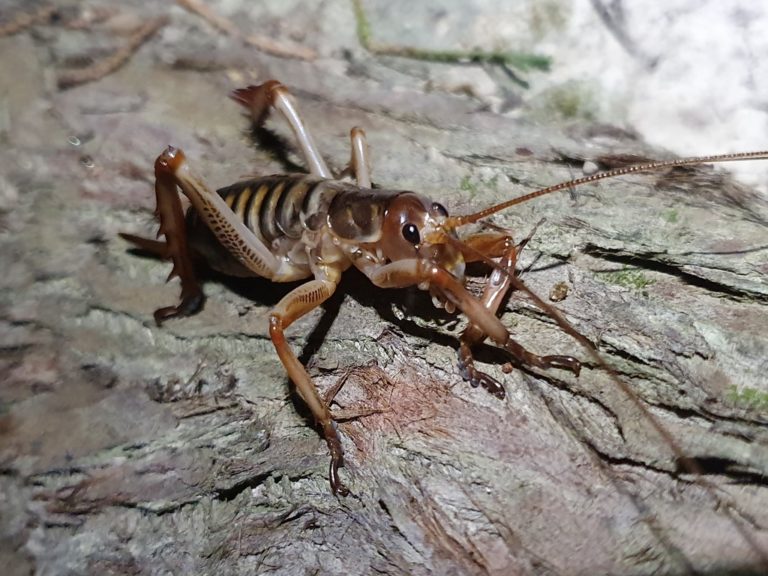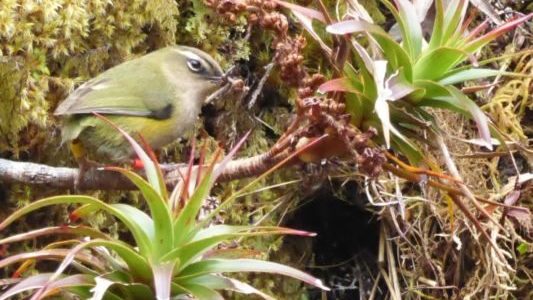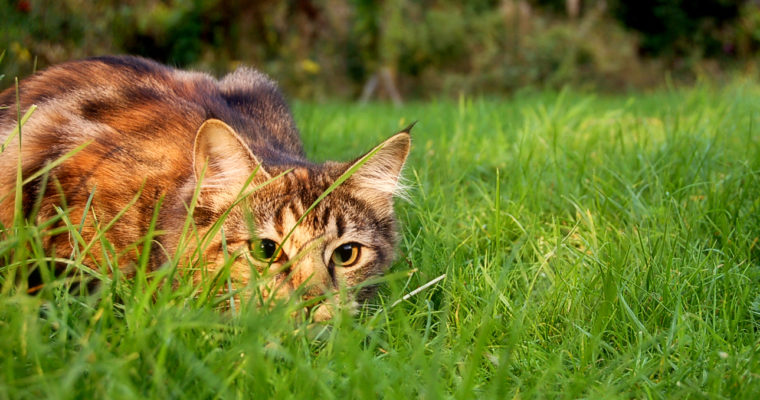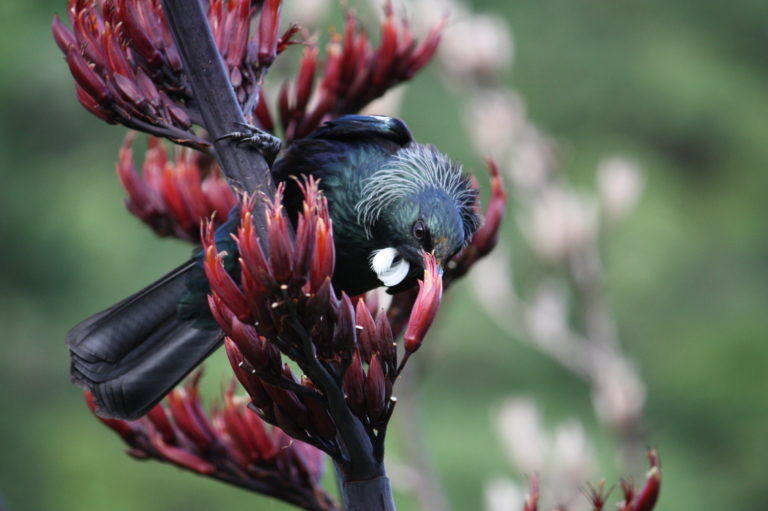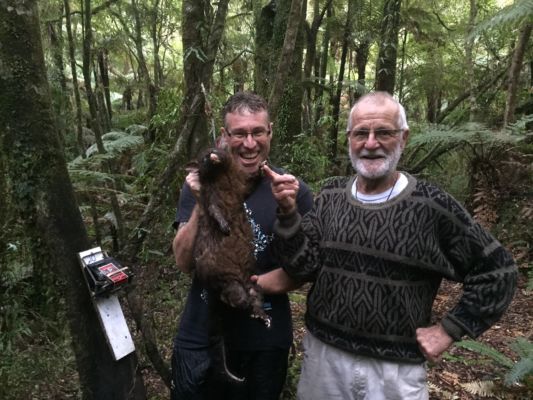Grant Norbury – testing potential predator control techniques
A week or two ago, Alexandra-based Landcare Research scientist Grant Norbury found himself alone in the middle of the remote Mackenzie country, syringe in hand,…
GPS offers aerial application alternative
Science isn’t just about the big breakthroughs – although they’re great when they happen. Mostly it’s about challenging assumptions, testing alternatives and finding new and…
Staunch penguins a match for stoats, but not dogs
Reuben Lane enjoys the staunch, feisty characters of the seabirds he’s helping to keep safe on the South Island’s West Coast – blue penguins, Fiordland…
What makes our endangered birds so vulnerable?
There are a number of physical and behavioural traits which can make New Zealand’s native bird species particularly vulnerable to introduced predators. In the absence…
Rapid eradication assessment – with online app
Just because you’re not catching anything, doesn’t necessarily mean all predators have been eradicated. Being certain that an area is completely predator-free is a challenge…
Kiwi are thriving – and so are kereru
The magnolias aren’t looking too good at Arthur Hinds’ place. His wife Diane used to complain about the damage possums were doing. But that’s not…
Maungatautari – a Maori conservation perspective
The kiore appeared and the moa disappeared in pre-European times, but no-one can argue that the majority of Aotearoa/New Zealand’s predator and other pest introductions,…
Rangers clock up km walking Project Janszoon trap lines
by Robyn Janes. It is the smell that often lets them know they have a body to deal with. Or the incessant buzzing of the…
Flying into the future with X-craft
A swarm of drone aircraft appears over the horizon and spans out over a remote, unfenced wilderness area – one of many such large, open…
Research shows what’s working for kiwi and kaka
Trap-wary stoats got caught out by a change in predator control regime according to research just published in July this year. The research, carried out…
Going on a Backyard Safari
Have you ever wondered what kind of wildlife hang out in your garden? There are sure to be birds, but are there weta in your…
Trust aims to be predator free from Glenorchy to the Sea
Formed in 2013, the Routeburn Dart Wildlife Trust (RDWT) is inspired by a vision of being predator free “from Glenorchy to the sea,” says trustee…
Influencing conservation behaviour – the role of social psychology
How do you change public behaviour – for example, persuade cat owner’s to bring their pets inside? Is education the answer? Is education enough? If…
Doing the sums – what are the best predator control options?
Research and innovation mean that the options for helping out our native species are increasing all the time. First, there were small, predator-free island sanctuaries,…
North Island robins are taking off at Puketoki
Puketoki Reserve is virgin low-altitude podocarp forest in the Whakamarama area (between Katikati and Tauranga). It was set aside for the people of the Tauranga…

